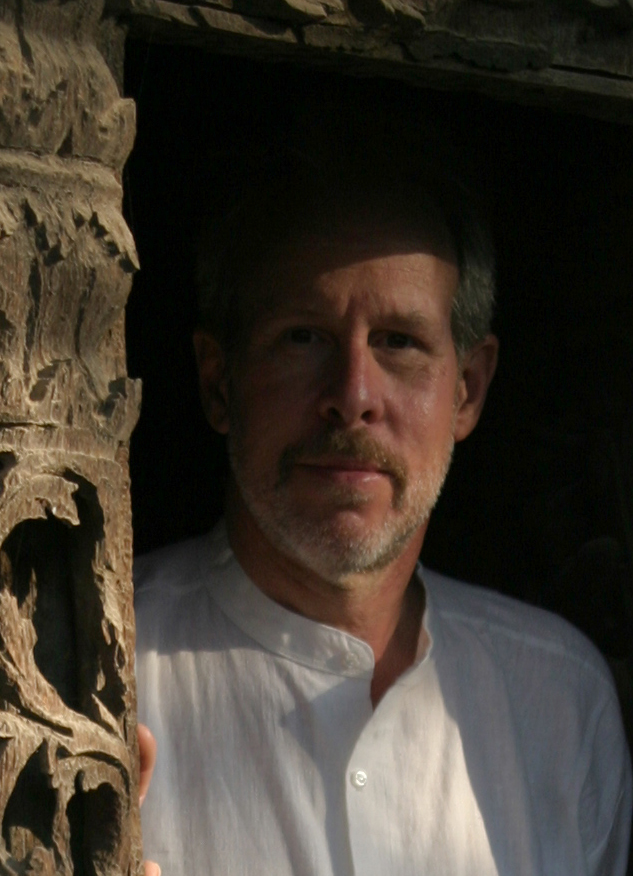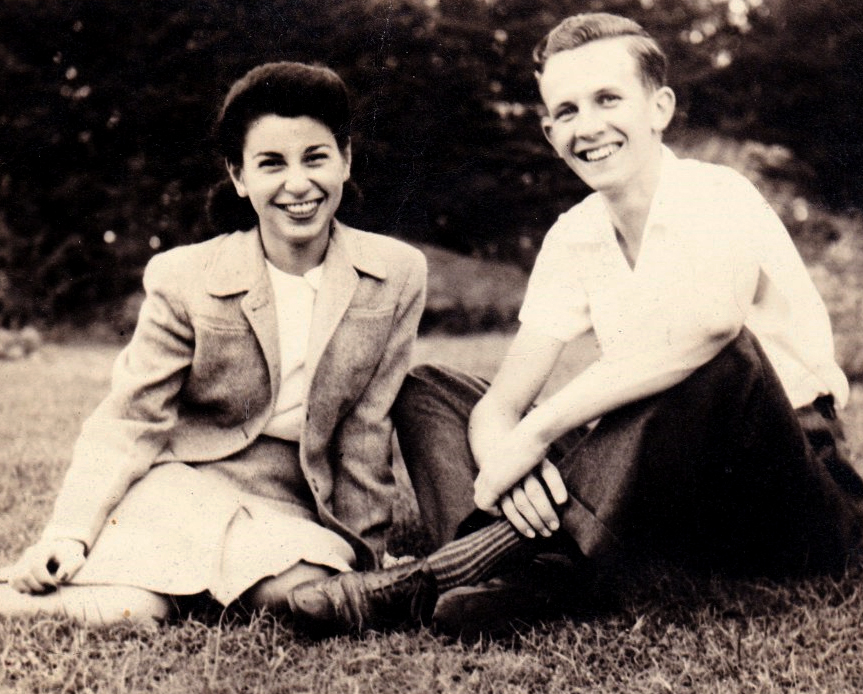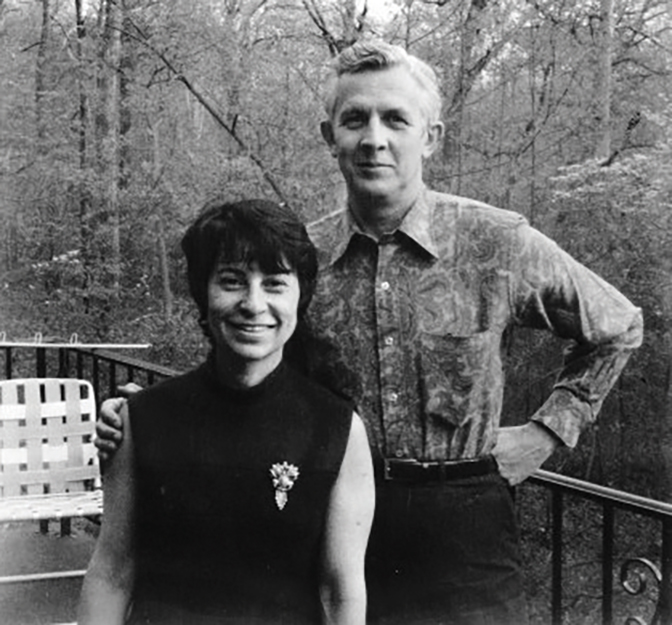David T. Fuhrmann is an avid supporter of internships for Berea College students seeking skill development and career advancement in organizations situated in some of the country’s largest cities. His focus on helping provide internship funding is rooted in the immediate, direct impact on the student, and the understanding that internships are imperative to successful job placement in today’s world.

“I know Berea supports interns, but places like Washington, D.C., and New York City are not easy places to live,” Fuhrmann said, “especially for someone who doesn’t have much experience in a huge metro area. So, I wanted to assist with more than just Berea’s funds, but discretionary funds so students can take advantage of being in the city and go to theaters or museums, explore outside of the city and have a bigger experience than just the internship.
“Most of these students will come back to big cities for their careers, and you don’t want their first experience to be uncomfortable and daunting,” he continued. “A big move can be frightening, so the goal is to offer assistance that can ease that path and make it a good experience.”
Fuhrmann is a former owner and partner of Glenwood LLC, Glenwood GmbH and several other pharmaceutical/medical supply businesses based in the U.S. and Europe. The parent company Glenwood, Inc., founded by Fuhrmann’s father in the 1950s, later expanded into the manufacture and distribution of niche drugs and medical supplies.

But Fuhrmann’s parents, Michael Fuhrmann ’46 and Helen Fuhrmann, are the true inspiration behind his unwavering support of the College. Michael came to the U.S. as a refugee from Germany in 1939. At only 18 years old, he didn’t speak much English and had only about four years of formal education. Before his visa ran out, he needed to find an American school in which to enroll. A family acquaintance told him about a school in Kentucky that didn’t charge tuition, where students worked and earned money and that focused on students in Appalachia who didn’t have adequate access to education. Though living in New York, Michael came to Berea in search of opportunity. He was told that because of his lack of formal education he would need to attend the Foundation School before he could enter Berea College.
While at Berea, Michael met Helen. She was a first-generation Armenian American whose family was from Turkey, and her sister encouraged her to pursue her education. When she learned of Berea, she began a letter-writing campaign to anyone she could find at the College.
Her persistence impressed the administration, and she was admitted. Both Michael and Helen were from New York, and the two would take the bus north together during holiday breaks to visit family. Eventually they were married and started a family of their own.
Fuhrmann recalls visits to Berea as a child. “Some of my earliest memories are from Berea,” he said. Berea is a very unusual place, and I could sense that even as a child.”
Once graduated, Michael eventually began his own pharmaceutical company, and over time his sons joined the business, which flourished.
“Everything we have is because of my father’s success,” Fuhrmann said. “He created that core business, and he was able to create that because of the opportunity he had at Berea. It really goes back to someone at Berea who looked at a skinny, gangly kid and gave him a shot. That’s very powerful.”
Fuhrmann’s father returned to Berea for many years and was supportive of and involved with the institution. When he passed away, Fuhrmann and his brothers created an endowed fund for students in honor of their parents.
“I’ve done well in life and have been lucky,” Fuhrmann added. “I feel a strong obligation to share that—to give back some of what I’ve got. My ‘why’ boils down to this: I could fund internships anywhere, but Berea is special for me.”


